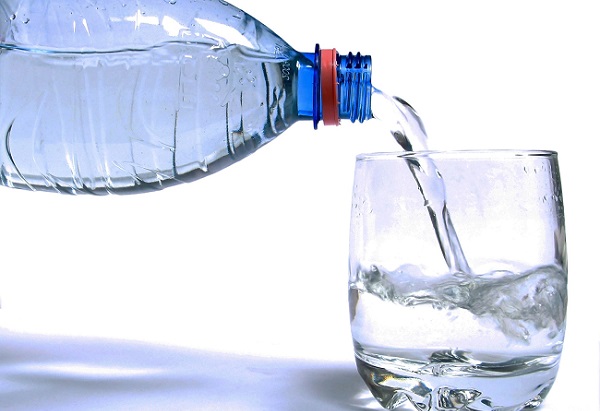
Are you drinking enough water?
Water is a vital element of life and constitutes about 55 to 65 per cent of a person's body weight. This makes it the most common constituent in the body. It is necessary within the body as it is outside of the body in performing activities such as washing, cooking, cooling, among others.
Water needs to be taken throughout the day because the body cannot produce enough on its own. This makes water a very essential nutrient to the human body.
Adults lose between 1450 to 2800 ml about four to six water sachets of fluids each day from insensible (immeasurable) and sensible (measurable) means.
Insensible water losses include evaporation from the skin and breathing out while sensible water losses include urine and stool excretions.
Daily water intake must be balanced with losses in order to maintain the total body water. If the intake falls short of amounts lost, dehydration results. This can make you feel weak and sick. Also, metabolic processes that are supported by water will not go on smoothly.
Sometimes when one is thirsty, they perceive the thirst as hunger and rather go for food. For those who need to cut down on their food quantity for health reasons, taking water serious can be a major boost to your achievements.
Once you are well hydrated, you can perfectly deal with unwanted hunger pangs that show up between major meals.
Taking some water just before meals for such people is a way to reduce food quantity that goes in before satiety sets in.
Health benefits of water
Water carries out several functions within the body and its adequate intake is needed for optimal absorption of water-soluble vitamins, which include vitamin B and C. These vitamins are vital for life.
Water flushes toxins out of vital organs and aids digestion and absorption of nutrients. This is real detoxification; removal of waste from the system. And water plays an important role.
It provides shape and structure to body cells, regulates body temperature and is a major component of mucus and other lubricating fluids which provide a moist environment for ear, nose and throat tissues.
Dehydration, a condition that occurs when enough water is not present in the body to carry out normal functions like transport of nutrients and oxygen to cells, can drain one’s energy and result in fatigue and tiredness.
It even leads to loss of normal kidney function and death.
